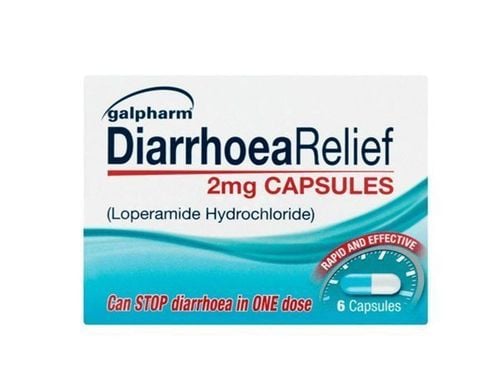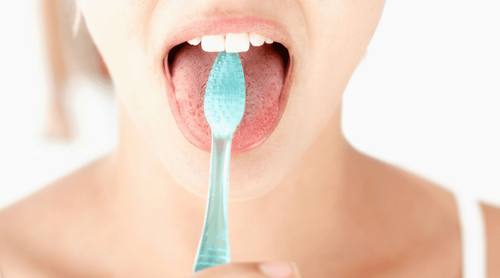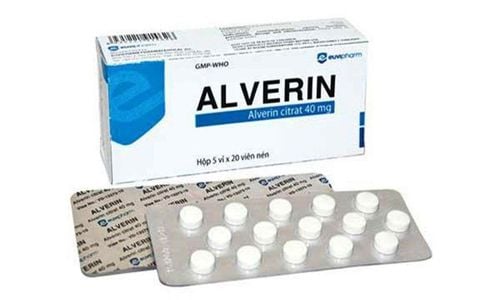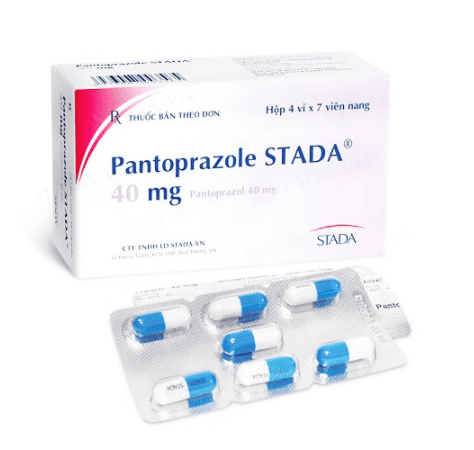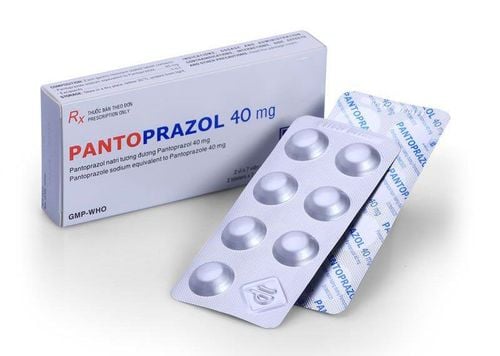This is an automatically translated article.
The article is professionally consulted by Master, Doctor Vu Quoc Anh - Pediatrician - Pediatrics - Neonatology at Vinmec Danang International General HospitalSaliva secreted is very beneficial for the process of digesting food and cleaning the mouth area. When the amount of saliva is not controlled, making it feel like the mouth is full of saliva, it is most likely a warning sign that the child is suffering from a medical condition.
1. The phenomenon of increased salivation in children
Saliva is an oily, clear, or foamy secretion that is secreted from the salivary glands into the oral cavity with many different uses, the most important of which is to help smooth and digest a portion of food before eating. when they are expelled into the stomach, and at the same time regulate the acidity in the mouth to keep the teeth from decaying.In saliva there is mucus, which protects the oral mucosa, lubricates food, and makes it easy to swallow. Saliva also has salivary secretions such as agglutination of red blood cells, so that the red blood cell group can be determined by saliva, which contains calcium, which can be precipitated into salivary duct stones.
Saliva is automatically secreted whenever the oral mucosa is stimulated by an unconditioned reflex, so that when chewing food, saliva is automatically excreted. Saliva also secretes thanks to conditioned reflexes caused by stimuli often present during meals and causes saliva to secrete itself whenever it sees a favorite food.
The child's increased salivation is probably because the movement of the tongue and jaw has stimulated the salivary glands under the tongue, under the jaw... causing increased salivation. Either this increased salivation is due to autonomic disorders or there may be physical damage in the mouth as well as the gastrointestinal tract.
Trắc nghiệm: Sự phát triển tinh thần, vận động của bé thế nào là đúng chuẩn?
Khi nào bé biết nói, biết hóng chuyện hay biết cầm cốc là "đúng chuẩn"? Điểm xem bạn biết được bao nhiêu mốc phát triển tinh thần, vận động "đúng chuẩn" của bé nhé!The following content is prepared under supervision of Thạc sĩ, Bác sĩ y khoa, Ma Văn Thấm , Nhi , Phòng khám Đa khoa Quốc tế Vinmec Dương Đông(Phú Quốc)
2. Causes of increased salivation in children
Sweet and spicy foods
Eating sweet or spicy foods can stimulate the mouth to produce more saliva to neutralize the sugar and reduce the hot taste.
Blockage of the parotid gland
The parotid duct helps carry saliva from the parotid gland to the mouth. For some reason, stones can form in the ducts causing a blockage that prevents saliva from flowing, causing increased salivation.
Salivary gland inflammation
Humans have three main salivary glands namely parotid, submandibular and sublingual. Inflammation in any of these three glands can lead to excessive salivation.
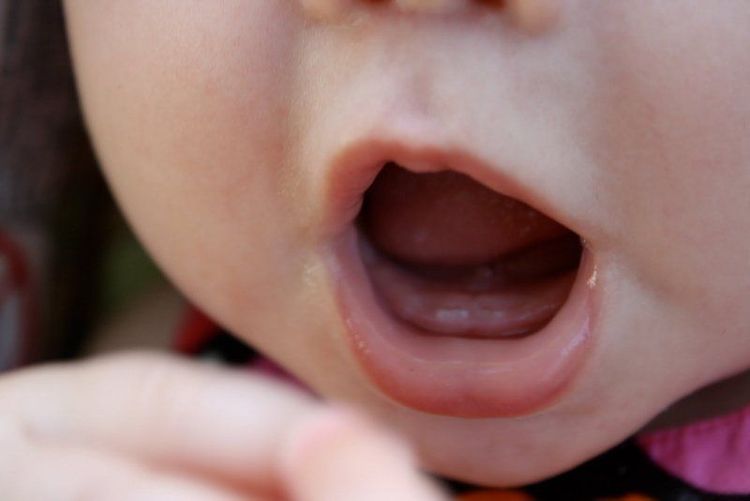
Excessive drooling can be a "signal" of teething. From 6 to 8 months of age, babies begin to have baby teeth and have more saliva. Instead of worrying, parents should be excited when they are about to see their baby's tiny teeth erupt.
And also in this period of teething of children, parents need to monitor their children more, because in addition to salivating a lot, children will often bite and gnaw at anything in their hands, which can cause fever. Mothers need to know how to properly care for their children.
Poor oral hygiene
The body's natural reflex is to secrete saliva to wash away dirt, food or bacteria in the mouth area. If oral hygiene is poor, the body will produce more saliva to clean the mouth area.
Rabies
Rabies can be one of the causes of excessive drooling. Contractions around the muscles of the throat and larynx cause the baby to produce more saliva. Fortunately, this disease is much less common now than in the past.
Disorders of salivation can be hypersecretory
When the nerve that controls the salivary glands is damaged, it will lead to a disorder of saliva production, which may be the cause of increased salivation.
Gastritis and gastroesophageal reflux
Esophageal valve in newborns is not yet complete, can open and close at any time, this makes children often vomit.
Increased salivation is one of the basic symptoms of gastroesophageal reflux disease and gastritis. It happens to neutralize excess stomach acid from backing up into the esophagus. At the same time, the more excess acid, the more saliva will be produced in the mouth.
Characteristics of the development stage
From 2-4 months old, the baby's mouth will produce more saliva, more saliva, signaling a new milestone of the child's development. But because babies can't control this flow of saliva yet, they will drool more than in previous months.
Oral infections
Children's salivary glands will be more active when the child has an infection in the oral cavity, because the mother does not properly clean the oral cavity for the child, foreign bacteria can enter and attack, causing many diseases. problems for gums, oral cavity.
Children's digestive tract is not good
When children have abnormal digestive system problems such as: enteritis, gastritis, abdominal pain, diarrhea, indigestion,... saliva is also secreted. more than usual.
Because saliva plays a role in neutralizing the acidic environment in the stomach, helping children partly reduce colic, stabilizing the child's immature digestive system.
Children with respiratory diseases
Respiratory diseases such as: sore throat, sinusitis, ... all have symptoms of nasal congestion, difficulty breathing, causing children to use their mouth to breathe. When sleeping, breathing through the mouth will make the saliva flow more easily.
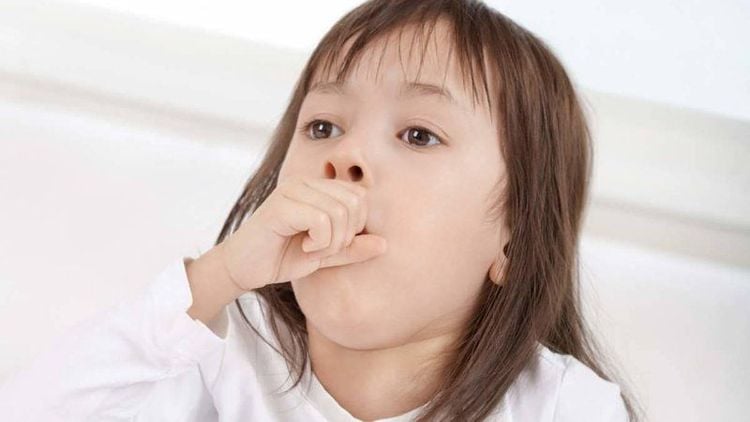
Cerebral palsy, birth defects, head trauma, ... also cause children to produce more saliva and saliva than usual.
However, when detecting a child showing signs of drooling and drooling, parents should not be too worried. Ideally, parents should take their children to see a doctor for a health check to know more specifically why their child has this condition, if there is any disease, they will be promptly treated.
As a key area of Vinmec Health system, Pediatrics Department always brings satisfaction to customers and is highly appreciated by industry experts with:
Gathering a team of top doctors and nurses in Pediatrics : consists of leading experts with high professional qualifications (professor, associate professor, doctorate, master), rich experience, worked at major hospitals such as Bach Mai, 108... All doctors are well-trained, professional, have a mind - range, and are knowledgeable about young psychology. In addition to domestic pediatric specialists, the Department of Pediatrics also has the participation of foreign experts (Japan, Singapore, Australia, USA) who are always pioneers in applying the latest and most effective treatment regimens. . Comprehensive services: In the field of Pediatrics, Vinmec provides a series of continuous medical examination and treatment services from Newborn to Pediatric and Vaccine,... according to international standards to help parents take care of their baby's health from birth to childhood. from birth to adulthood Specialized techniques: Vinmec has successfully deployed many specialized techniques to make the treatment of difficult diseases in Pediatrics more effective: neurosurgery - skull surgery, stem cell transplantation. blood in cancer treatment. Professional care: In addition to understanding children's psychology, Vinmec also pays special attention to the children's play space, helping them to have fun and get used to the hospital's environment, cooperate in treatment, improve the efficiency of medical treatment.
Please dial HOTLINE for more information or register for an appointment HERE. Download MyVinmec app to make appointments faster and to manage your bookings easily.






